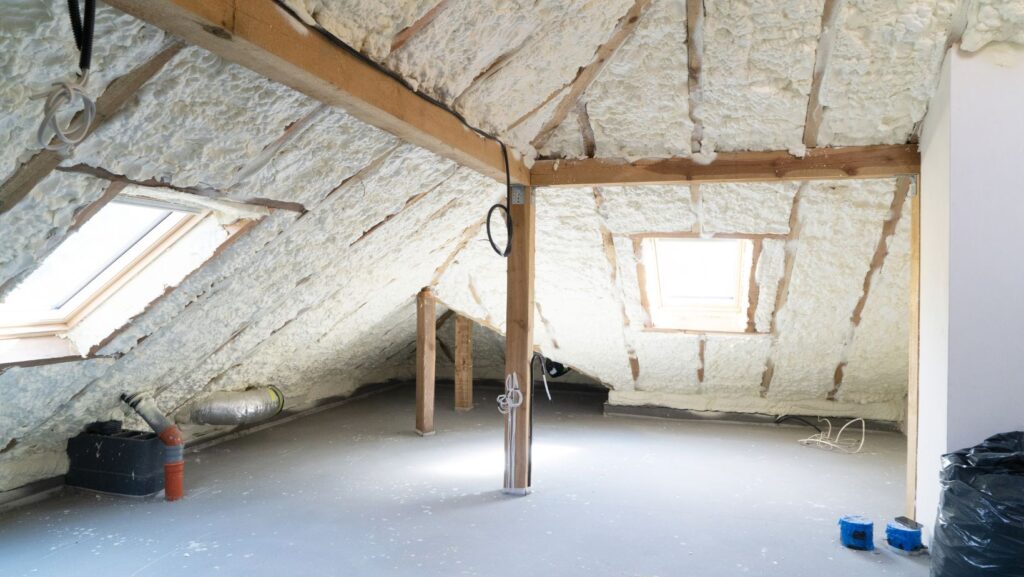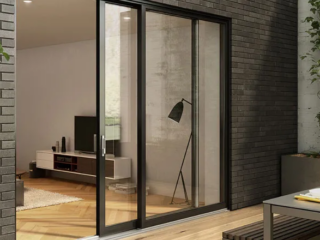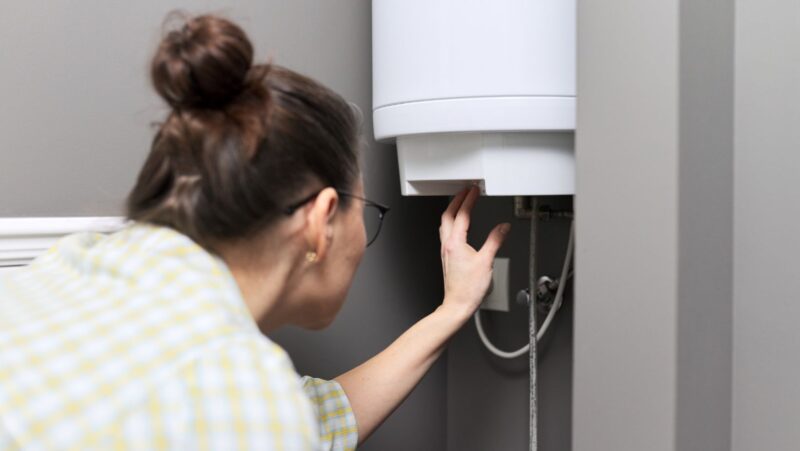
Energy efficiency is a priority for many homeowners and businesses today. With rising utility costs and a growing focus on sustainability, finding ways to reduce energy consumption is essential. One of the most effective ways to achieve this is by investing in modern insulation systems. These systems not only help regulate indoor temperatures but also significantly cut down on energy bills. This article explores how modern insulation works, its benefits, and how to choose the right solution for your needs.
The Science Behind Insulation and Energy Efficiency
Insulation acts as a barrier that slows the transfer of heat between the inside and outside of a building. During colder months, it prevents warm air from escaping, and in summer, it keeps hot air out. This consistent indoor temperature reduces the need for heating and cooling systems, resulting in lower energy consumption.
R-value, a key measure of insulation performance, indicates its resistance to heat flow. The higher the R-value, the better the insulation’s efficiency. Different materials and installation methods offer varying R-values, making it important to choose the right type for your specific climate and building needs.
Types of Insulation: Choosing the Right Fit
Not all insulation is created equal, and choosing the right insulation can make a significant difference in both energy savings and comfort. Some of the most common types of insulation include:
- Fiberglass: A popular and cost-effective option that works well in walls, floors, and attics.
- Spray Foam: Known for its excellent air-sealing properties, spray foam insulation is ideal for hard-to-reach spaces and provides a high R-value.
- Cellulose: Made from recycled materials, cellulose insulation is an eco-friendly option that offers good thermal resistance.
- Rigid Foam: Suitable for walls, roofs, and foundations, this type provides high thermal resistance and durability.
Benefits of Upgrading to Modern Insulation Systems
Older insulation systems often lack the efficiency and performance of newer technologies. Upgrading to modern insulation can yield several benefits, including:

- Lower Energy Bills: Modern systems reduce energy waste, resulting in significant savings on heating and cooling costs.
- Improved Comfort: Consistent indoor temperatures enhance overall comfort, making your home or office more livable.
- Better Air Quality: Many modern insulation materials are designed to minimize allergens, dust, and pollutants.
- Increased Property Value: Energy-efficient upgrades are a selling point for potential buyers, adding value to your property.
Studies show that upgrading insulation can reduce energy consumption by up to 20%, making it a smart investment for both short-term savings and long-term value.
DIY Insulation vs. Professional Installation
When considering insulation installation, you may wonder whether to tackle the project yourself or hire professionals. While DIY insulation can save money upfront, it often comes with limitations.
DIY projects are best suited for smaller spaces or minor upgrades. However, improper installation can lead to gaps, uneven coverage, and reduced efficiency. This not only diminishes energy savings but may also require costly fixes down the line.
On the other hand, professional installation ensures the job is done right. Insulation experts have the tools, experience, and knowledge to recommend the best materials and techniques for your specific needs. They also ensure compliance with building codes and standards, providing peace of mind and maximum efficiency.
Finding Trusted Insulation System Experts
Choosing a reliable contractor is crucial for a successful insulation upgrade. Here are some tips for finding trusted Insulation experts:

- Check Credentials: Look for certifications and memberships in reputable industry organizations.
- Read Reviews: Online reviews and testimonials provide valuable insights into a contractor’s reliability and quality of work.
- Request Estimates: Compare quotes from multiple providers to ensure competitive pricing.
- Ask for Recommendations: Seek referrals from friends, family, or colleagues who have had similar work done.
Working with experienced insulation professionals ensures that your system is installed correctly and delivers the promised energy savings.
Long-Term Savings and Environmental Impact
One of the most compelling reasons to invest in modern insulation systems is the long-term savings they provide. While the initial cost may seem significant, the reduction in energy bills over time offsets this expense. Additionally, many governments offer incentives or rebates for energy-efficient upgrades, further reducing the financial burden. For businesses looking to maximize these savings, using Business Energy Comparison can help identify the most cost-effective energy providers and insulation solutions tailored to their needs.
Beyond cost savings, modern insulation contributes to environmental sustainability. Reducing energy consumption decreases the demand for fossil fuels and lowers greenhouse gas emissions. This not only benefits your wallet but also the planet.
Conclusion
Modern insulation systems are a game-changer for energy efficiency, comfort, and sustainability. By understanding the science behind insulation, exploring different types, and working with experts, you can maximize your energy savings and enjoy a more comfortable living or working environment.
Don’t wait to take action. Evaluate your current insulation and consider an upgrade today. The benefits, both immediate and long-term, are well worth the investment.










